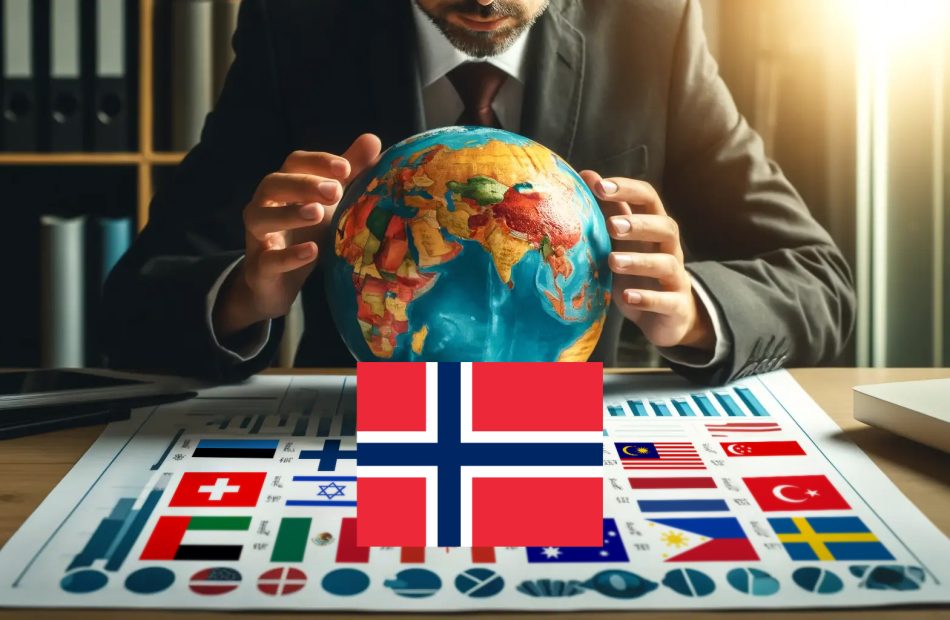Norwegian Stocks Plummet: Trump’s Victory Causes Investor Exodus
In a shocking turn of events following Donald Trump’s electoral victory, Norwegian stocks have entered a downward spiral, unnerving investors and analysts alike. Just as the world was adjusting to the conservative winds blowing across the Atlantic, Norway, known for its robust economy and stable governance, found itself unexpectedly rattled by the political triumph south of its borders.
The Norwegian government has long been vocal about its opposition to Trump’s policies, particularly regarding climate change, trade agreements, and international cooperation. Prime Minister Jonas Gahr Støre, firmly entrenched in a liberal agenda, has been critical of Trump’s approach, suggesting his policies threaten global stability and exacerbate climate issues. To many, it appeared Norway was poised for a seamless progressive future, but Trump’s ascendance has thrown a wrench in the gears.
Investors, sensing volatility, have begun pulling their investments from Norwegian stocks at an alarming rate. The general consensus? The economic environment under a Trump administration poses uncertainties that could ripple through international markets, affecting Norwegian corporations dependent on global trade.
This sharp decline is not merely a knee-jerk reaction; it reflects profound apprehensions regarding the future. Companies that once felt confident in their capacities to thrive in a globalized economy now find themselves facing potential tariffs and shifting trade relations. The fear of stifled exports to the U.S., one of Norway’s largest trading partners, has sent investors scrambling for the hills.
As confidence wanes and the stock market falters, the Norwegian government finds itself in a precarious position. Many are anticipating that this downturn will lead to an inevitable decision: a high-printing of the Norwegian Krone to support struggling companies. This drastic measure, while it may stave off immediate fallout, could also dilute the currency’s value in the long run, raising concerns among everyday citizens about inflation and purchasing power.
However, the question remains—will this financial strategy work? While some experts suggest that injecting liquidity into the market can temporarily boost assets and stabilize the economy, the long-term implications may be dire. Economists warn that flooding the market with printed currency could lead to rustic economic conditions and could spiral into a crisis of confidence that could leave Norway’s economy paralyzed.
But there is still a light at the end of the tunnel. Should the Norwegian government manage to pivot quickly and decisively, opting for strategic investments in environmentally sustainable projects or public works, they may just salvage their economy and perhaps even emerge stronger.
Ultimately, the tumultuous effects of Trump’s victory on the Norwegian market serve as a clear reminder: the interplay of global politics and local economies is more intertwined than ever before. As we navigate these turbulent waters, it is imperative for investors to stay vigilant, and for the government to act, lest they find themselves adrift in a sea of uncertainty.
In times like these, the future remains uncertain, but what is clear is that the ramifications of global politics are having real-time effects here at home. The question, therefore, looms—will Norway rise to the occasion or succumb to the chaos? The answer lies in the actions taken today as we brace for the economic storms ahead.



Leave a Reply